
Collaborative Project Delivery
Monday September 14th | 8:30 am - 11:00 am
$40.00
The workshop will be moderated by a team from the Utility Management Committee, Collaborative Project Delivery Focus Group (Workshop Moderators). The Workshop Moderators will first provide the attendees with an overview of the various project delivery methods; Design-Build (DB), Construction Manager at Risk (CMAR), Public-Private Education and Infrastructure Act (PPEA), and Design-Bid-Build (DBB), etc.; including the features and advantages/disadvantages of each method.
The Workshop Moderators will then provide a review of a number of past projects, including a description of each project's scope, project goals, budget, schedule, etc. The name of the project, the project Owner, and the delivery method used will not be revealed at this stage of the workshop.
Workshop attendees will be grouped in small teams, via Zoom breakout rooms, and will be asked to discuss and choose the best delivery method for each project at their tables. The groups will then present to the entire workshop why they choose the specific delivery method. Questions will be asked and answered.
The Workshop Moderators will end the session by reviewing each project and discussing what was actually done and the outcomes of the projects. The names of the projects and Owners will be revealed at this point.
Laboratory Practices
Monday, September 14th | 9:00 -12:30
$40.00
This workshop will help provide managers and analysts information on different techniques in instrumentation and methodology and also provide regulatory updates and research on the management of drinking water, wastewater, and reuse, with the end goal of ensuring water quality.
Topics Include:
Review of Best Practices for Trace Metal Analysis by ICP-OES/MS
This talk will include a discussion of view mode, robust operating conditions, transport and plasma interferences, and the concept of interelement and multivariate interference correction.
UCMR 4 Data: The First Two Years- What Are We Seeing?
This presentation will discuss both the logistical issues we have seen thus far in UCMR 4 and the findings to date from our labs, which account for samples from > 1000 utilities nationwide.
Comparison of NELAC 2003 to 2019, PT Results and Comparison of Lab Accreditation
In 2010, Virginia began accrediting any laboratory performing analysis for any Virginia regulatory program to the 2003 NELAC Standard for. The program is known as the Virginia Environmental Laboratory Accreditation Program (VELAP) and is administered by the Division of Consolidated Laboratory Services (DCLS) who is recognized as a NELAP Accreditation Body. Once VELAP was implemented, laboratories were required to meet all the elements of the NELAC 2003 Standard at first, and now the TNI 2009 Standard. When preparing for VELAP accreditation, the most extensive investment of resources for a laboratory most likely was the development and implementation of the quality system that meets the TNI standard.
One Water Culture and Leadership
Monday, September 14th | 1:00 pm - 4:00 pm
$40.00
Our water future demands a holistic, One Water approach to achieve sustainable, reliable, and resilient water systems. While there are utilities that have embraced this culture and advanced One Water leadership, many utilities are interested in better understanding what a One Water approach is, the opportunities it affords, and the steps to get there.
The One Water concept considers the entire water cycle as an integrated system and promotes collaboration beyond typical institutional boundaries. One Water approaches encompass significant collaboration, community engagement, provide multi-benefit solutions, and achieve sustainability and resiliency. One Water solutions can vary in size, issues, and scope and while there are common elements to the One Water framework, there often are unique One Water opportunities and innovative solutions for each community.
This workshop will be an interactive learning experience where we will have a diverse expert panel active in leading or implementing One Water approaches in Virginia, as well as nationally. We intend to include content and examples of One Water culture and leadership relevant for all size utilities who have all or some responsibility in providing drinking water, wastewater, reuse, and/or stormwater. We plan to incorporate interactive tools, such as word clouds and real time poll questions that will foster collaboration of the attendees’ understanding, questions, and help tailor relevant and most beneficial learning and discussions.
Our understanding of the interrelation of all water, and the importance of enabling policies, regulation, engagement, and communication with diverse stakeholders that the water sector may not traditionally communicate what is essential towards creating smart and resilient water systems. This holistic One Water approach creates an opportunity for leaders to make informed decisions through understanding the full cost of water service to communities and is the direction we must go to optimize the short term and long-term use of the world’s most precious resource.
After attending this workshop, attendees will be able to:
- Understand what a One Water approach is, the opportunities it affords, and the steps to get there.
- Understand the bold leadership and culture attributes that are critical for One Water success.
- Understand how and why to engage responsible parties in watershed management, drinking water, wastewater, stormwater, and reuse, as well as stakeholders in the community outside the water sector towards One Water solutions.
- Learn how to identify ideas on how they can apply a One Water approach to their utilities, watersheds, regions and/or projects.
- Identify resources for additional information and support in One Water issues
Strategies to Optimize WRRFs for Nutrient Removal
Monday, September 14th | 1:00 pm - 5:00 pm
$40.00
The goal is to develop an approach to optimize existing plants for nutrient removal, utilize full-scale examples of how it is done, and to produce a guide on how to do it. The workshop will present strategies, case studies, and guidance on nutrient optimization.
Two opportunities for optimizing WRRFs are considered:
- Optimizing a nutrient removal plant to reduce operating cost
- Optimizing a nutrient removal plant to improve performance and achieve lower effluent discharge or more reliable performance
The topics to be covered include:
- Regulatory limitations and requirements
- Applied process fundamentals to identify opportunities for optimizing biological or chemical nutrient removal. Nutrient include ammonia, TN, and TP
- Use of control systems and simulation to optimize nutrient removal and test potential solutions

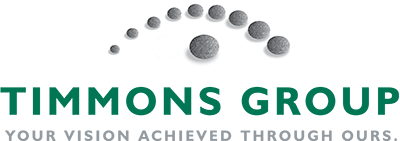
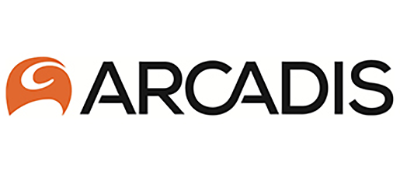
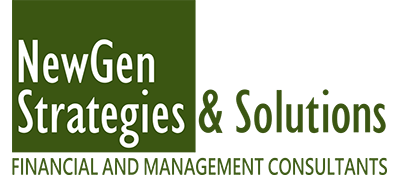





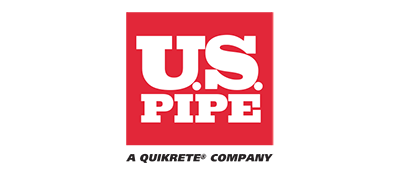
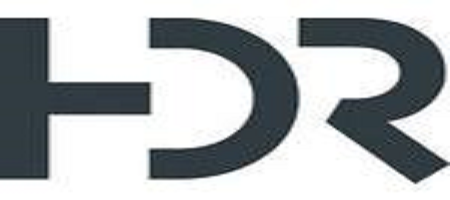

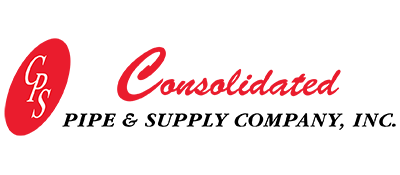
.png)
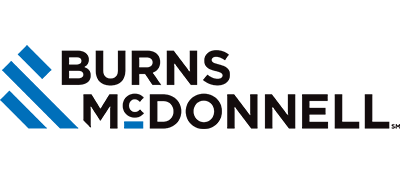

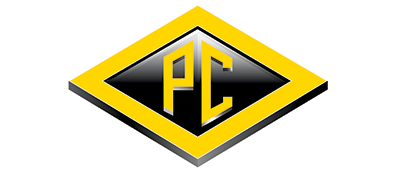
.png)
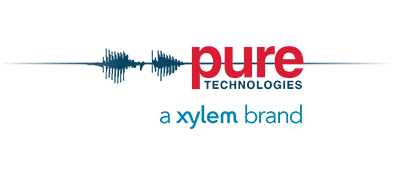
.png)
